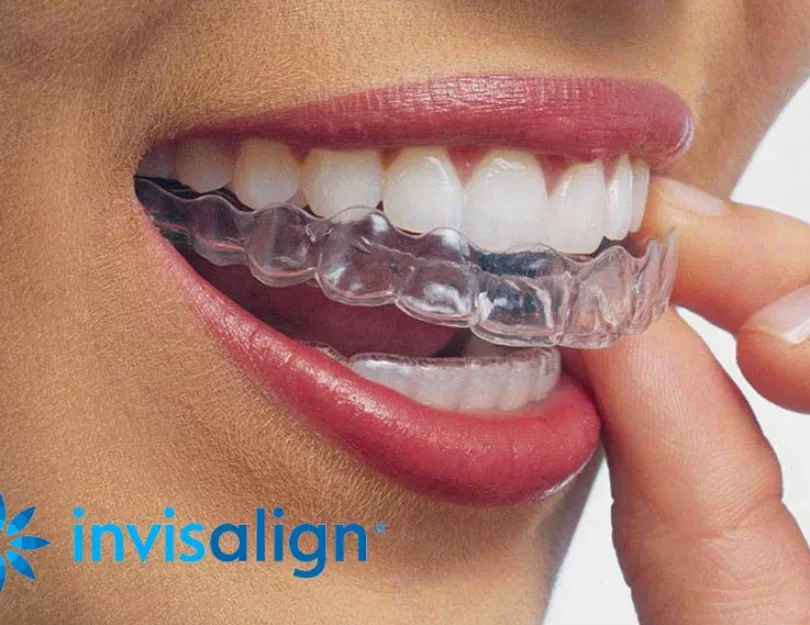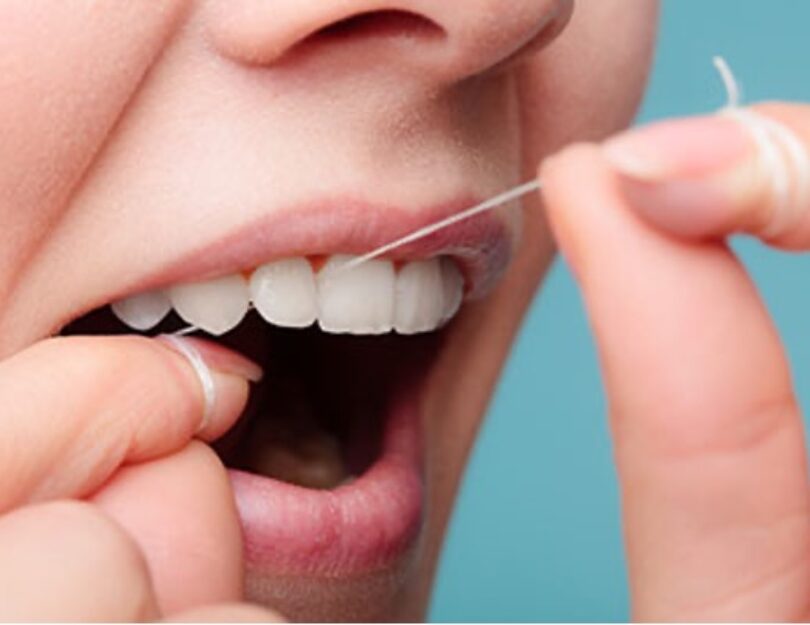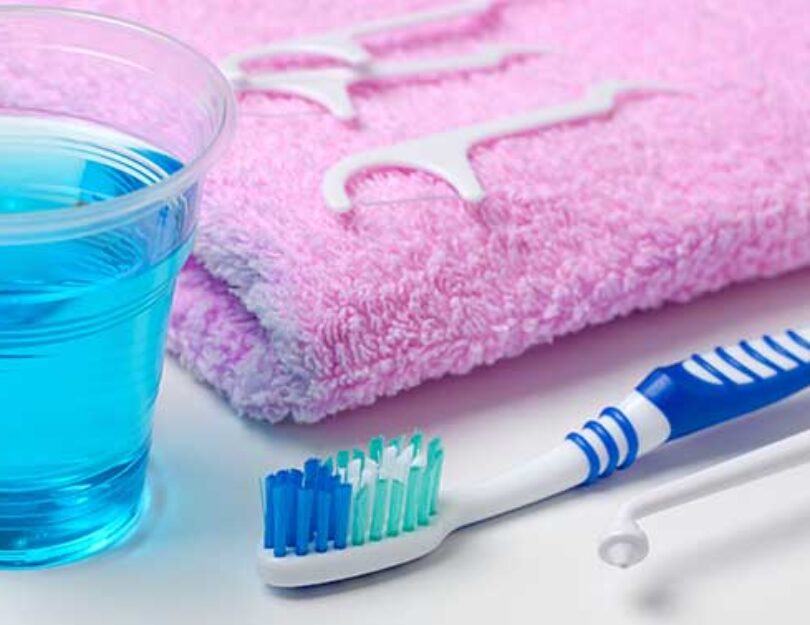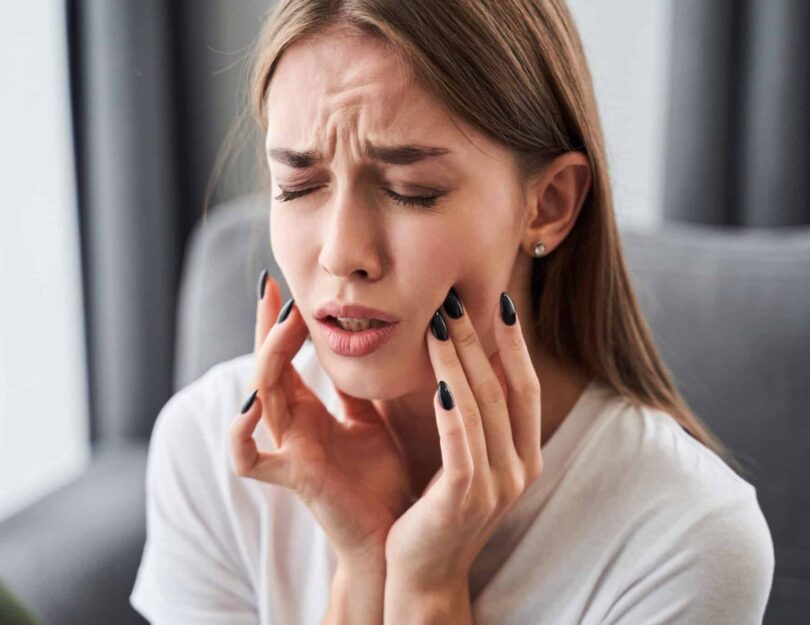
At The Corner House Dental Practice, Horsham, it’s our mission to prevent oral health problems, not just treat them when they occur. Should we lose our teeth,…
READ MORE
Here at The Corner House Dental Practice, we understand the importance of having a healthy and confident smile at any age. Our team is dedicated to providing…
READ MORE
Everyone knows how important it is to brush twice a day with fluoride toothpaste, of course, we do! And we do it without thinking much about it,…
READ MORE
Our dental hygiene is just as vital to our wellbeing as our exercise and skincare routines. Not only does a healthy smile make a huge difference to…
READ MORE
We are coming to the summer holidays and the practice has been busy with families getting their check ups done. We have been giving the children a…
READ MORE
Dental emergencies are issues that require immediate attention where possible. These can happen at any time and for a variety of reasons. At the practice we do…
READ MORELooking after all your dental needs.
Simple steps to a stunning smile.
Digitally enhanced. Naturally worn.
Filling gaps the natural way.
Enhancing your appearance discreetly.
“Friendly, professional staff right from the moment you walk in with the reception team through to the dental team. Care, time and attention..."
“Booked with Amit for an Implant. I was pleasantly surprised. Amit made me super comfortable and eased my initial worry. The procedure was..."
“Had my first hygienists appointment yesterday, it was on time and the staff are always really lovely and friendly. It actually really chilled..."
“As always, an excellent service from this dental practice. Friendly, efficient staff, and a competent dentist who always fills me with confidence. Sorted..."
“I obtained an emergency appointment for a broken tooth, it was fixed really quickly, excellent service."
“Friendly, professional staff right from the moment you walk in with the reception team through to the dental team. Care, time and attention..."
“Booked with Amit for an Implant. I was pleasantly surprised. Amit made me super comfortable and eased my initial worry. The procedure was..."
“Had my first hygienists appointment yesterday, it was on time and the staff are always really lovely and friendly. It actually really chilled..."
“As always, an excellent service from this dental practice. Friendly, efficient staff, and a competent dentist who always fills me with confidence. Sorted..."
“I obtained an emergency appointment for a broken tooth, it was fixed really quickly, excellent service."


